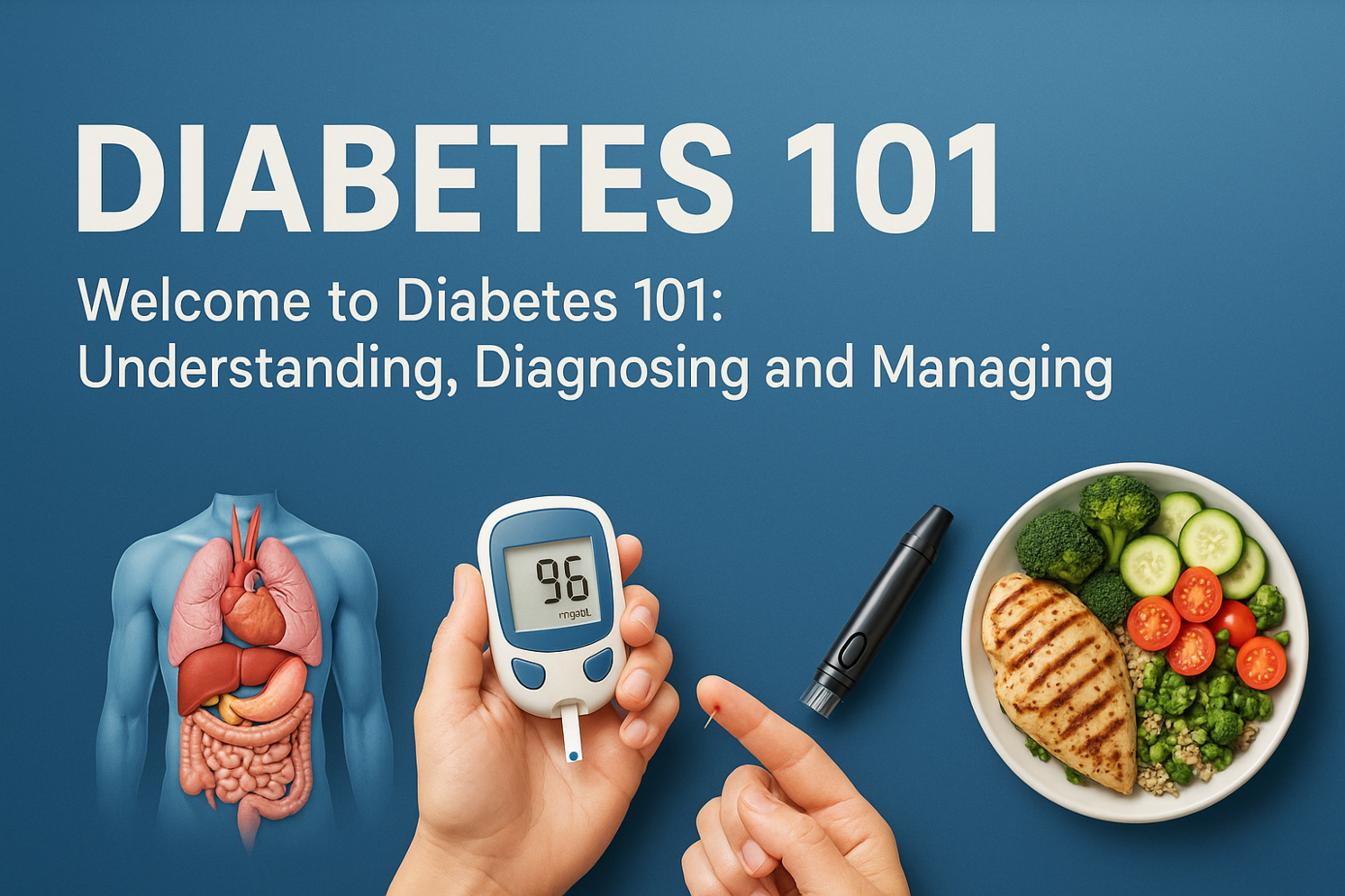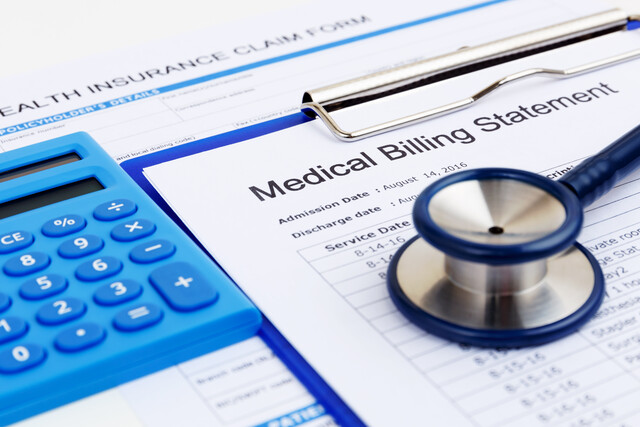Once awareness has been raised, many people will be able to realize that they have had a concussion based on the situation and the symptoms evident. What happens after that, though? Apart from running to the emergency room for help, what are some resources that people should be aware of for current or future brain injuries?
Online Resources
If you have further questions and concerns about concussions, you might not want to pay doctor's fees just to have a few questions answered. Instead, you can turn to one of the many online resources to find out more information.
-
CDC's Injury Center � The Centers for Disease Control has built a website with all the information a person might need to learn about a traumatic brain injury. On their website, there is access to data, statistics, signs and symptoms, prevention, potential effects, and so much more. To continue learning and reading about concussions and severe brain injuries, you can check out this reliable resource. They also have books you can purchase to continue your reading on the subject.
-
Brain Injury Association of America � This is a non-profit organization focused on helping individuals and families dealing with traumatic brain injuries. If you visit BIAA's website, you can redirect the site to a specific site for your state to learn about the program in your own state. You can access information about living with a traumatic brain injury and find resources for anything from college life to employment. Since these areas of life can be so drastically affected by a traumatic brain injury, families and individuals can benefit from resources such as those offered by BIAA.
-
National Institute of Neurological Disorders and Stroke (NIH) � For a more in-depth look at the research carried out regarding traumatic brain injuries, you can access that information on NIH's website. Videos and articles on the topic can help provide a well-rounded look into the impact of concussions.
Financial Resources
For somebody dealing with a traumatic brain injury, this can be a very costly process, especially if they struggle with a permanent or long-term condition.
-
Health Insurance � In the short-term scope of things, health insurance might help cover much of the cost immediately after the injury. After an individual hits their deductible, insurance usually steps in to cover the rest. However, in the long-term scope of things, insurance might not always be so reliable. Depending on your insurance, they might limit the amount put towards rehabilitation or other long-term resources. If the patient is slow in recovery, they might find that their needed time in inpatient rehabilitation extends beyond what insurance is willing to pay for. There will typically be a low cap on sessions for outpatient therapy of any kind, which can also be extremely limiting to somebody on the road to recovery. A health insurance might also have a lifetime benefit cap, and with lifetime costs of brain injuries reaching into the millions of dollars, it is easy for someone to surpass this financial cap.
To avoid as many problems as possible, find a rehabilitation facility that has multiple years of experience in dealing successfully with insurance companies. If you haven't been assigned a case manager to work these things out for you, ask for one at your hospital or rehabilitation facility. Be thorough in documenting progress and reviewing your policy, so that you aren't caught unaware. If you have difficulty understanding what certain aspects of your insurance policy mean, speak with an attorney to make sure you are getting the most you can out of it.
-
Medicaid and Medicare � These government-funded health care programs are designed to fit the medical needs of those who qualify. You can see the requirements, which include age, income, and citizenship, on each of their individual websites. These can help cover the cost of various expenses, from outpatient care to medication.
-
Disability Pay � In more severe cases of traumatic brain injury, the individual who was hurt may find that their career has been impacted. In many cases, they may be unable to find work or even retain the skills necessary to hold a job. In this case, disability pay can help ease their financial burden. If the individual did not purchase disability insurance prior to the injury, which is often the case, they may find that it falls on their employers, coworkers, or family to pay the price. You might also
-
Worker's Compensation Insurance � If your injury happened due to a work accident, you should check if your employer has worker's compensation insurance. Depending on where you live, this might even be a requirement for employers, especially if you work in an environment where there is a lot of risk for injury, such as in a warehouse. In the United States, this varies from state to state, so you might check with what is mandated in your state. In exchange for disability benefits received by this insurance, the injured employee doesn't have the right to sue their employer. This is an employer's protection against lawsuits in the event of injury, but it can also help cover your costs if you experience a brain injury.
What to Do if You Aren't Getting Better?
If a physician diagnosed you with a concussion and ensured you that your symptoms would go away in a month or two at the most, what do you do when that doesn't hold true?
-
Don't panic � If you are continuing to have symptoms of a brain injury, even though it has been a substantial amount of time since the initial injury, don't freak out. It may not be indicative of something severe, but instead just a sign that your brain takes longer to heal than most. Most likely, you are still on the path to recovery; it's just taking a bit longer than predicted.
-
Go in for another check-up � Just to be thorough and safe, you can make another appointment with a medical professional to get everything checked out. You can update them on the symptoms that you are still experiencing, and they may run an examination on you. This could include scans to make sure there is no severe damage to the brain or skull, and behavioral tests to check for improvement in symptoms. If there is significant improvement since the behavioral test a few months ago, then this is a sign that you are still improving. It is always a possibility that you might have post-concussion syndrome, which is not a permanent condition though it does last longer than most people's recovery time.
-
Continue to rest � If you are pushing yourself even though you had a concussion, this could be the reason that your brain is not healing fully. Your brain needs the time and rest, both physically and mentally, to recover fully, . If you continue to go at full steam or even just keep up a regular schedule, you could be prolonging your recovery. Take care of your brain in the proper manner and see if this increases your rate of recovery.
-
Consider therapy � If you have severe symptoms that affect you either physically or emotionally, you might consider therapy to help you overcome these obstacles. Physical therapy can help you work through some of the symptoms that could potentially be debilitating and preventing you from working. Psychological therapy can help you overcome emotional changes such as depression, anxiety, and aggression. Overcoming these struggles can improve your personal relationships and increase occupational and academic skills that you may have lost. If therapy is covered by your insurance, then there really isn't a reason not to give it a shot. After all, it might just get you back on track and speed up your recovery.
-
Be honest with your family and friends � Don't hide your symptoms and struggles, because then your family and friends might hold you to standards that you are unable to meet. Let them know that you still deal with symptoms and that you are attempting to recover, and ask for their support in this time. It may be that your doctor tells you not to work until you have recovered, and this can put a financial strain on your family. It is important for them to understand the reasons behind your leave from work, so that they can support you despite the struggles you all may face during this time. They can also hold you accountable to doing what your doctor instructs for best recovery.
-
Look into your resources � Research what the resources are in your specific state for individuals suffering from traumatic brain injuries. There are multiple organizations and foundations, such as the few listed above, with information and resources for people like you. You might find a support group or a specialist who can provide the services you need, and this can improve your recovery greatly!
-
Make the tough decisions � Lastly, if you are struggling to recover, it may be time to make some difficult decisions. For young athletes with troublesome brain injuries, this may mean making the decision to leave the sport that they were injured playing. If they continue to stay in the sport, they could find themselves repeating this whole situation all over again or even worsening the effect. For others, this could mean realizing that they need a new occupation in order to deliver a satisfactory work performance. These decisions aren't easy, and they can even present many challenges, but they may be necessary for your health. What are certain areas in your life where your health might be at risk? If your job poses a threat for worse injury, it might be too dangerous for you to continue working there. Weigh the priorities and try to keep you future health at the top of the priority list.
In order to reduce the number of severe traumatic brain injuries throughout the country, it is important to raise awareness on the seriousness of the situation. Although concussions begin as mild this could develop into a critical situation with repeated injuries. By raising awareness, these severe situations can often be avoided. More precautions need to be taken to keep people's brains safe in their athletics, occupations, and everyday life.
If somebody does experience an unavoidable concussion, they need to be aware of the necessary treatment and complications that could arise. Awareness can help them realize the steps they should take towards recovery, whereas otherwise they might not even be aware that they had a brain injury. Always seek medical attention for brain injuries, even if you suspect that it is only a mild concussion. A thorough and accurate diagnosis by a medical professional can make sure that your brain returns to full health and that achieve complete recovery if possible.
























